the Importance of Ethical Coffee Sourcing
In every steaming cup of coffee, there is a rich story that transcends the borders of nations and cultures. Behind the aromatic experience lies the toil of coffee farmers who cultivate and harvest the beans that awaken our senses each morning. As coffee enthusiasts, it is crucial to understand the ethical implications of our daily brew and the profound impact that conscientious sourcing practices can have on the lives of those who cultivate the world's favorite caffeinated beverage.
The Journey from Farm to Cup: Understanding Coffee Supply Chains
To truly appreciate the ethical dimensions of coffee sourcing, one must first comprehend the intricate journey that coffee beans undertake before reaching our cups. The supply chain involves numerous stakeholders, from farmers and cooperatives to exporters, importers, and roasters. Each link in this chain plays a vital role in determining the overall sustainability and ethicality of the final product.
Fair Trade: Empowering Coffee Communities
Fair Trade certification is a beacon of hope for coffee farmers around the world. By ensuring fair wages, safe working conditions, and environmental sustainability, Fair Trade practices empower farmers to improve their livelihoods and invest in their communities. Explore how Fair Trade initiatives contribute to social justice and economic stability in coffee-producing regions.
Direct Trade: Forging Connections Between Farmers and Roasters
Direct Trade practices build bridges between coffee farmers and roasters, fostering transparency and accountability. Learn how these direct relationships empower farmers to negotiate better prices, share knowledge, and invest in sustainable farming practices. Discover the stories behind the beans and the positive impact on both the farmers and the quality of the coffee.
Environmental Sustainability: Protecting Ecosystems and Biodiversity
Ethical coffee sourcing extends beyond fair wages; it encompasses environmental responsibility. Explore the importance of shade-grown and organic coffee farming methods, which not only contribute to the preservation of ecosystems and biodiversity but also yield higher-quality beans. Discover how sustainable practices mitigate the ecological footprint of coffee cultivation.
Challenges Faced by Coffee Farmers: From Climate Change to Economic Pressures
Delve into the challenges that coffee farmers face on a daily basis. From the impacts of climate change affecting crop yields to economic pressures resulting from fluctuating coffee prices, understanding these challenges is crucial to appreciating the need for ethical sourcing practices. Explore how ethically sourced coffee can be a catalyst for positive change in these communities.
Certifications and Labels: Navigating the Ethical Coffee Landscape
The world of ethical coffee is adorned with various certifications and labels. Uncover the meanings behind labels like Rainforest Alliance, UTZ, and Bird-Friendly, and learn how these designations contribute to ethical sourcing practices. Explore how consumers can make informed choices to support ethical coffee production.
As we savor our daily cup of coffee, it is essential to recognize the broader impact our choices can have on the lives of coffee farmers worldwide. Ethical coffee sourcing practices not only ensure fair compensation for labor but also contribute to the environmental sustainability of coffee cultivation. By embracing a conscious approach to coffee consumption, we become advocates for positive change in the lives of those who cultivate the beans that fuel our mornings. Let us raise our mugs in solidarity with ethical coffee sourcing, brewing justice and equity one cup at a time.




